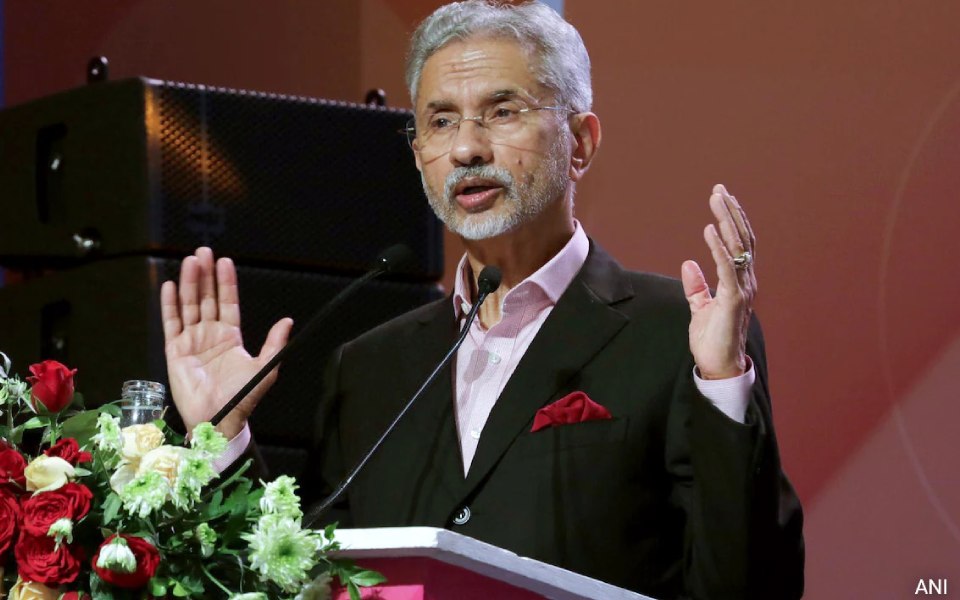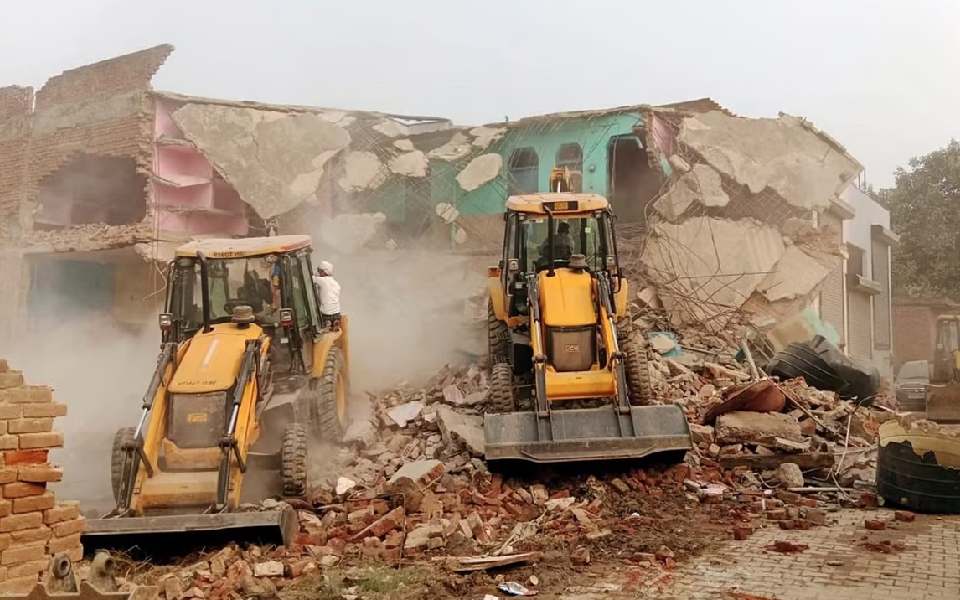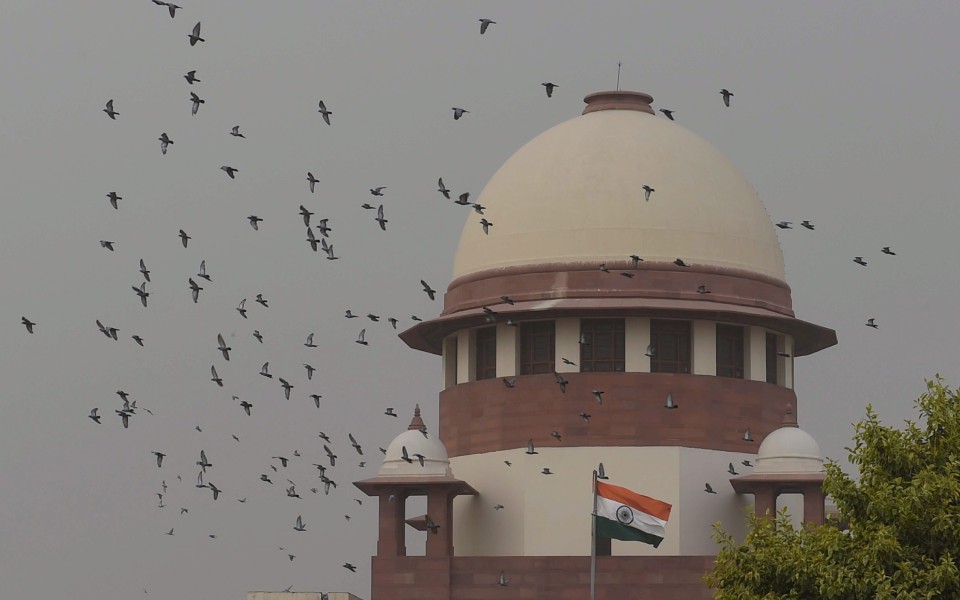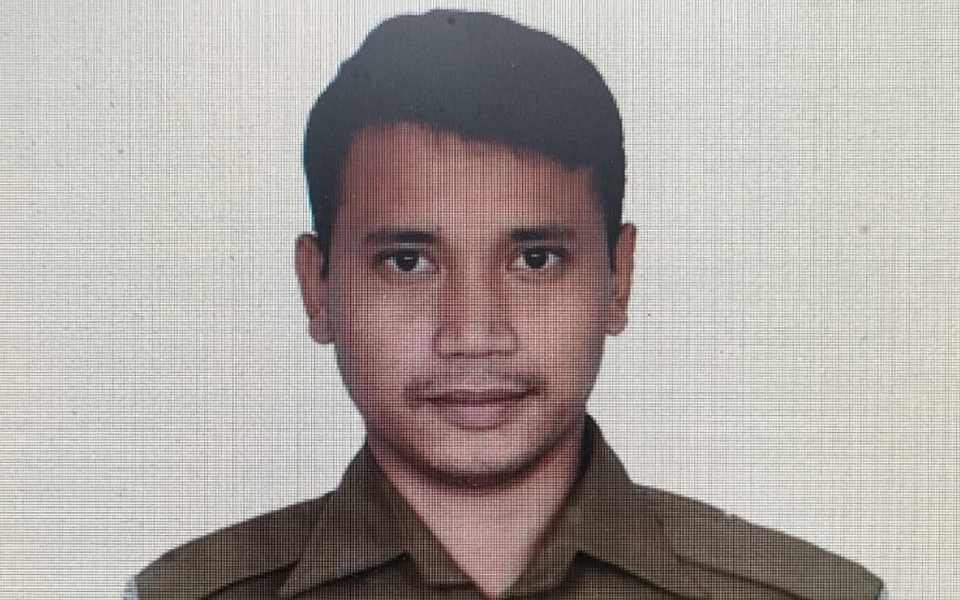New Delhi, Jan 3: The year 2024 will continue to be turbulent or the world but India is well-positioned politically and economically to navigate the challenges, maintain its rising global role and its path of development, External Affairs Minister S Jaishankar said on Wednesday.
The union minister was speaking at the launch of his new book 'Why Bharat Matters' in which he examines the geopolitics and various aspects of India's foreign policy since Independence using the epic Ramayana as the overarching perspective.
"I do think that 2024 will continue to be turbulent, (and) that many of the same factors which drove 2023 would remain very much in play," he said addressing a group of foreign diplomats, strategic affairs experts, academicians and intellectuals. The external affairs minister said India is well-placed to look at 2024 with a fair deal of confidence.
"Today where we are positioned, where we are positioned politically, where we are positioned economically, when you look at a lot of these societal changes and the capabilities that have grown, I would say at the end of this conversation, I'm closer to saying we have strung the boat," he said at the event hosted by leading think-tank Observer Research Foundation (ORF).
Delving into India's engagement with China after Independence, Jaishankar appeared to criticise Pandit Jawaharlal Nehru's policy, saying if the approach had been "more Bharat, we would have had a less rosy view of our relationship with China".
He especially noted this for the first decade after Independence.
"And this is not something which is my fantasy. I mean there is a kind of record out there. There's an exchange of letters between Sardar (Vallabhbhai) Patel and Pandit Nehru on China. And they have very starkly differing views," Jaishankar said.
He also cited China getting into the UN Security Council and Pandit Nehru's approach on the matter. "I mean there is a letter which Nehru has written to chief ministers saying first let China take its place in the Security Council."
The external affairs minister also recalled how Pandit Nehru was hesitant in taking assistance from the US following the 1962 war with China as he was unsure how it would be seen.
"There was very ingrained hostility towards the United States," Jaishankar said, adding the Americans did a lot to deserve it.
"But you know, in fact, again it's an interesting issue where one of the last comments of Sardar Patel on foreign policy was why are we sort of so distrustful of America; we should look at America from the viewpoint of our own interest, not from the viewpoint of how the Americans are dealing with China," he said.
Referring to economic reforms, Jaishankare said, "We were not sufficiently sweeping in our reforms in the first two decades of reform."
"We kind of fell for the mantra of globalisation, where we actually didn't benefit as much relatively as those who dominated production and those who dominated finance did," he said.
To a question on internal constraints, Jaishankar said they were pretty obvious as a lot could have been done in the period after Independence.
"I think the internal constraints are pretty obvious to all of us, it would be that, let us say after the first 60 years after Independence, if you were to look at basic social economic indicators -- how many of your homes were connected to electricity, how many to piped water, you look at your literacy rate, you look at your gender ratio, you look at your nutrition level, you look at your health system."
"I think it's fairly clear that in a lot of this we had not done what we could have done, what other countries who had started off in a similar base had done," he said.
In his remarks elaborating on the book, Jaishankar explained how he looked at various aspects of geopolitics and statecraft through the perspective of Ramayana.
"My point is that every 'Ram' requires a 'Laxman' -- that countries are better served if you have reliable friends and allies who can temper you down when you need to be, who can strengthen you when you are down," the external affairs minister said, citing an example of lessons that can be drawn from Ramayana.
Let the Truth be known. If you read VB and like VB, please be a VB Supporter and Help us deliver the Truth to one and all.
Lucknow, May 11 (PTI): The Uttar Pradesh government on Sunday said that more than 350 unauthorised religious sites, including madrasas, mosques, mazars and Eidgahs, have been identified and subjected to sealing or demolition in recent days, an official statement issued here said.
Acting on Chief Minister Yogi Adityanath's clear directive that no religious encroachment will be tolerated, the administration in districts such as Pilibhit, Shravasti, Balrampur, Bahraich, Siddharthnagar and Maharajganj has launched a sweeping campaign, it said.
The authorities have systematically identified illegal structures and taken strict action, continuing operations even on Sunday.
The chief minister has made it clear that encroachment in the name of any religion will not be allowed and all violators, especially those running unrecognised religious institutions, will face legal consequences, the statement said.
On May 10 and 11, 104 madrasas, one mosque, five mazars and two Eidgahs built illegally on public and private land were identified in Shravasti. All were issued notices and sealed, it said.
One illegal madrasa on public land was demolished and two unrecognized madrasas on private land were sealed, the statement added.
In Bahraich, officials identified 13 madrasas, eight mosques, two mazars and one Eidgah illegally constructed on government land.
After issuing notices, five were sealed and 11 were demolished, including eight madrasas, two mosques and one mazar, the statement said.
In Siddharthnagar, the authorities identified four mosques and 18 madrasas and one more madrasa for illegal construction. Notices were issued to these structures. Five madrasas were sealed and nine were demolished. In total, action was taken against 23 illegal structures in the district, it said.
In Maharajganj’s Nautanwa tehsil, Parsamalik village, an unrecognized madrasa operating on Maktab land was shut down based on a report submitted by the District Minority Welfare Officer.
The building’s keys were handed over to the local police station in-charge. So far, 29 madrasas and five mazars constructed through encroachment on public and private land have been demolished in the district.
In past two days in Lakhimpur Kheri, two mosques, one Eidgah on public land along with eight madrasas on private land were found to be illegally constructed.
Of the 13 structures identified, one was served a notice, nine were sealed and three have been demolished so far, the statement said.
The district authorities in Pilibhit have identified an illegal mosque built on public land in Bharatpur village, covering an area of 0.0310 hectares.
According to the district magistrate, a notice has been issued to the parties involved, seeking a response within 15 days. Action against the illegal construction will be taken after the notice period ends, it said.
On Sunday, an under-construction madrasa on public land in Virpur Semra village, Tulsipur tehsil, was demolished in Balrampur. So far, 30 madrasas, 10 mazars and one Eidgah have been demolished in the district.
Ten of them were built illegally on public land, while 20 were constructed without authorization on private land, the statement said.





